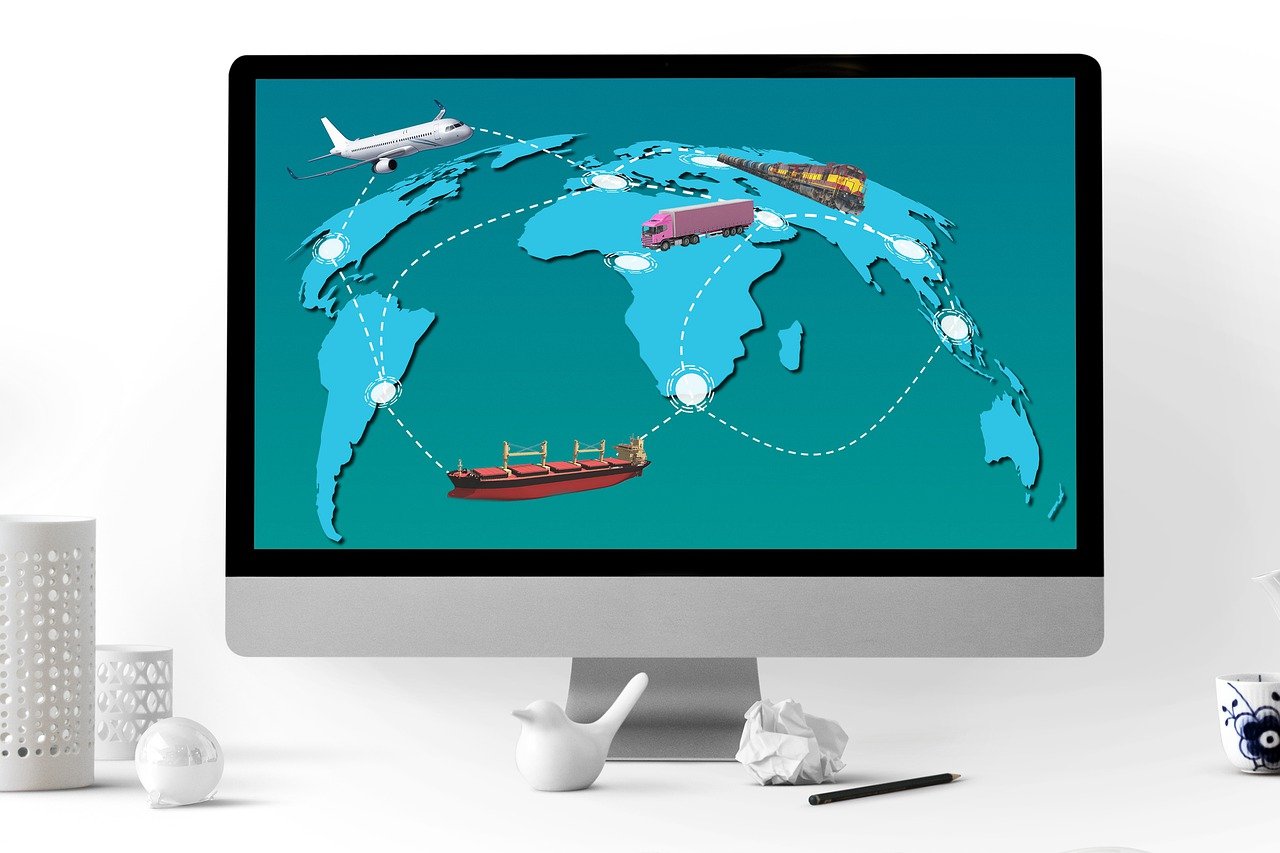Importing goods into South America involves navigating complex customs regulations, ensuring compliance, and managing various logistical aspects. Selecting a reliable customs broker (or clearing agent) is critical for streamlining the import process. This guide provides practical methods and tips to help you identify and engage the right customs broker for your business in South America.
1. Online Search
Harnessing the power of the internet is often the first step in finding a customs broker:
- Search Engines: Use search terms like “South America + Customs Broker” or “Customs Clearance Services” on Google or other platforms. These searches can yield a list of companies specializing in customs brokerage for specific countries.
- Industry Websites: Explore professional trade and logistics websites for curated lists of recommended customs brokers. These platforms often provide ratings, reviews, and service descriptions to help you make an informed decision.
2. Leverage Industry Associations and Chambers of Commerce
- Contact Chambers of Commerce: Many countries and regions have trade chambers or business associations that maintain a directory of qualified customs brokers. These organizations often recommend reliable brokers familiar with local regulations.
- Attend Trade Events: Participating in trade exhibitions, conferences, and webinars can help you network with potential brokers and gain insights into their services and expertise.
3. Recommendations and Referrals
- Consult Industry Peers: Seek advice from colleagues or business owners who have experience importing goods into South America. They can recommend brokers they trust or caution you about those with less favorable reputations.
- Explore Social Media Platforms: Professional networks like LinkedIn are excellent resources for finding customs brokers and reading endorsements or reviews from their previous clients.
4. Evaluate Broker Credentials
Before finalizing a customs broker, ensure they meet essential qualifications:
- Licenses and Certifications: Verify that the broker has valid licenses and certifications required by local customs authorities in South America. This ensures they operate legally and are well-versed in compliance requirements.
- Industry Expertise: Assess their knowledge and experience in handling goods similar to yours, particularly if you deal in specialized or regulated products.
5. Conduct Interviews and Assess Communication Skills
- Preliminary Meetings: Engage potential brokers in discussions to understand their service offerings, fee structures, and work processes.
- Effective Communication: Evaluate their responsiveness and clarity in addressing your queries. Reliable brokers should provide timely updates and maintain transparent communication throughout the process.
6. Compare Costs and Services
- Request Quotes: Obtain detailed quotes from multiple brokers, comparing their fees, range of services, and value-added offerings.
- Ensure Transparency: Look for clear and itemized pricing to avoid hidden charges that may inflate your import costs unexpectedly.
7. Review Client Feedback
- Online Reviews: Read reviews on platforms like Google or specialized logistics websites to gauge the broker’s reputation and service quality.
- Case Studies and Testimonials: Ask brokers for client references or examples of successful projects they’ve handled, especially for imports similar to yours.
8. Negotiate Contracts and Terms
- Draft a Detailed Contract: Clearly outline the scope of work, responsibilities, fees, and timelines in a formal agreement. This protects both parties and sets expectations for performance.
- Service Guarantees: Ensure the contract addresses contingency measures for delays, errors, or other issues that may arise during the customs clearance process.
9. Utilize Logistics Platforms
- Integrated Solutions: Consider using comprehensive logistics platforms that offer tools to compare and select customs brokers. These platforms often include reviews and performance ratings, simplifying the selection process.
Additional Considerations
- Technology and Tools: Opt for brokers who utilize modern tools like electronic data interchange (EDI) for faster processing and better transparency.
- Local Expertise: A broker with deep knowledge of local customs regulations can navigate challenges more effectively, saving you time and potential penalties.
Conclusion
Finding the right customs broker in South America is essential for a smooth and efficient import process. By leveraging online resources, networking with industry professionals, and evaluating potential brokers based on their credentials, experience, and communication skills, you can make a well-informed choice. Establishing a strong partnership with a reliable customs broker not only ensures compliance but also enhances the efficiency of your supply chain operations, paving the way for successful business growth in South America.




